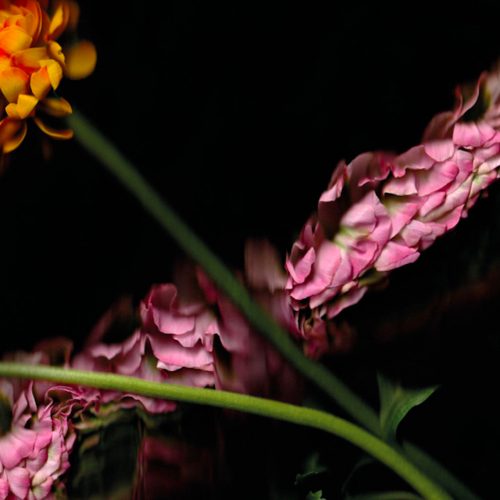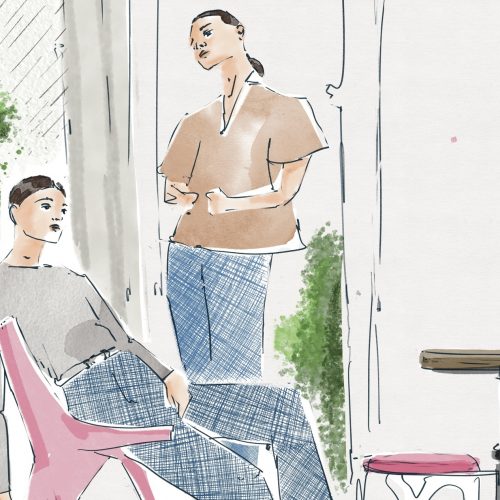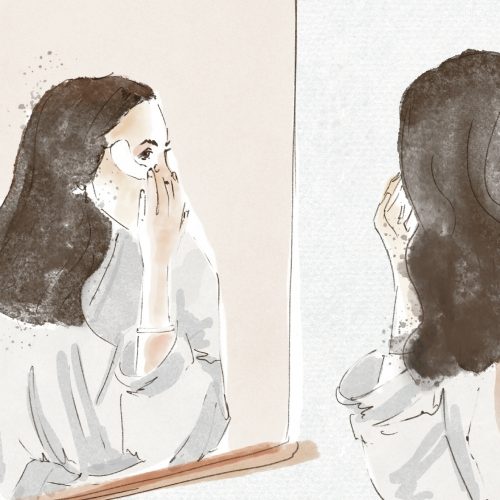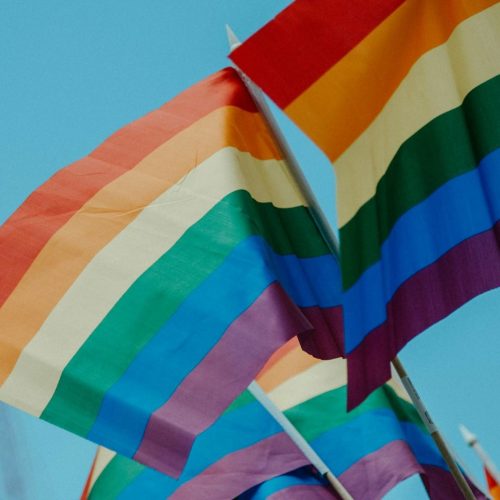Sustainability Talks: Interview with Jeff Hanson, Managing Director of Sea Shepherd Australia
Today is the World Oceans Day, a global celebration on June 8 with hundreds of events around the world celebrating our ocean. We interview Jeff Hansen, Managing Director of Sea Shepherd Australia and one of 6 Directors for Sea Shepherd Global to know more about the major role the oceans have in everyday life. Jeff answers 8 questions about what Sea Shepherd is doing to help fight the battle for a more sustainable future.
By 2050, 1 in 10 animals or plants will be extinct. What is Sea Shepherd doing to alleviate this situation?
Sea Shepherd's key areas of focus are - illegal fishing, plus plastic pollution and climate change. In terms of endangered species, we’re working very hard with the Mexican navy in the Gulf of California to try to stop the extinction of the last of the Vaquita porpoises. We’re working to see a stopping of whaling globally. We know that Fin whales are still being hunted, they are an endangered species. We’ve done a lot of work in the protection of Great White Sharks off Australia’s coast which is also (a species) vulnerable to extinction and certain governments here (Australia) want to remove the protection status of them so they can kill Great white sharks.
There’s a lot of work we are doing globally, for example most of the worlds turtle populations have crashed and pretty much all are endangered. There isn’t a turtle fishery but most of the turtles killed are all killed as bycatch. Up to 40% of the worlds seafood is being caught illegally and if we can work with governments that have the political will but lack the means and form partnerships we can have a massive impact on saving lots of lives in our Oceans. Not to mention the discarded fishing gear and fishing nets. These kill an estimated 333,000 whales and dolphins every year so there's a lot of work that we’re doing to have a big impact.
How do I know that the Seafood I’m buying is good ethical seafood?
The reality now with the situations on plastics, it’s pretty much right through the food chain. If you’re eating seafood there’s a good chance you’re eating plastics. And toxic chemicals, those little bits of plastic absorb all the toxins PCB, DDT, methylmercury from the burning of coal. It’s toxic to humanity and toxic to our marine life. We’re already seeing certain citations that first born are not surviving because of all the toxins going into the calves. It’s a tough one, check with your local fishmonger, we don’t believe at this stage you can have such a thing as sustainable fishing while you still have illegal operators. There are companies like Austral Fisheries in WA that are an organisation that offset their entire fleets omissions and they have their seabird bycatch down to zero %. Do your homework, ask questions and if you really feel that you need to eat certain seafood then eat small, not bigger up the chain because as you go up towards Tuna the concentrations of mercury go higher and higher.
“Two out of every 3 breaths we humans breathe come from the oceans. Yet we’re missing 40% of the phytoplankton that give us the air that we breathe."
Which sad stories can you tell us about the Oceans right now?
Unfortunately, there’s too many, there are sad and there are some good stories. Sad would be two out of every 3 breaths we humans breathe come from the oceans and yet we’re missing 40% of the phytoplankton that give us the air that we breathe. Whale populations aren’t doing so well globally, some are bouncing back like the Humpback whales, but in terms of climate change and the impacts of burning off fossil fuels. Too much cattle with all the methane that’s produced. We’re now seeing our oceans becoming more acidic and more warm and that’s having an impact on our coral reefs around the world. Our Great Barrier Reef is now half dead and they’re looking at another big warming event this year, another big bleaching event. So we could be very much on track to lose our Great Barrier Reef. We’re already seeing with Oyster growers around the world, that the small baby oysters are struggling to form their shells because of the state of the acidity of the oceans. We’re seeing it across the board, the impacts that scientists have been quite conservative in their estimates of climate change and the impacts are having on our Oceans, it is escalating at an alarming rate.
Very scary and governments are still in bed with a lot of the fossil fuel companies because of years and years of lobbying and money handed over. But the thing is though, each year the world monetary fund releases a report and says on average the fossil fuel industry around the world globally is subsidised by 5 and 6 trillion dollars a year globally. If you take away those subsidies and the price of renewables plus the fact that battery storage is doing so well, now it’s a natural shift. The problem is the instability of the business sector because there’s instability in government. They’re just hiding, we need make sure we’ve got the right governments in place that will put our planet first.
“We're already seeing with Oyster growers around the world, that the small baby oysters are struggling to form their shells because of the state of the acidity of the oceans. We’re seeing it across the board, the impacts that scientists have been quite conservative in their estimates of climate change and the impacts are having on our Oceans, it is escalating at an alarming rate."
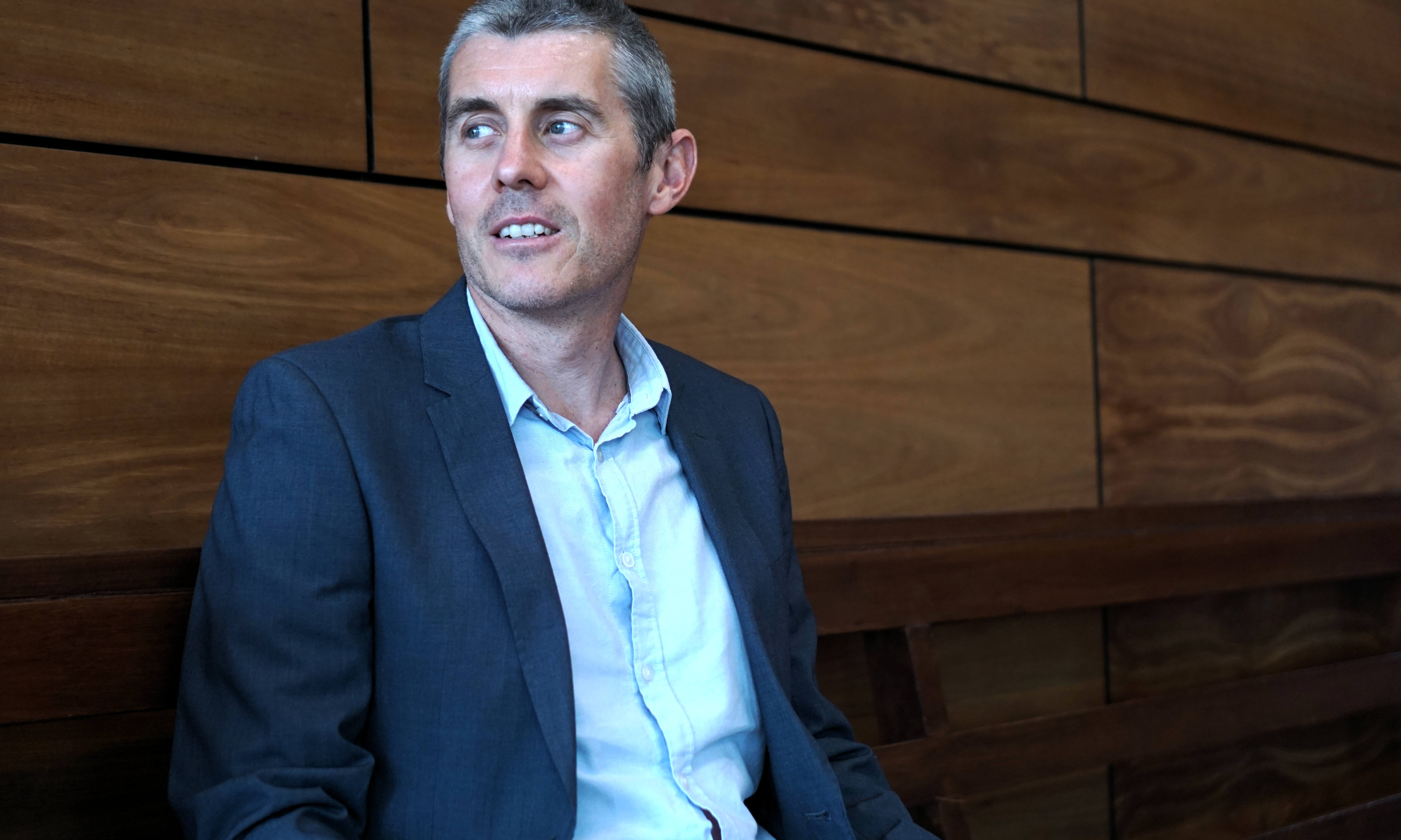
By 2050 there will be more plastic in the sea than fish, how can we change this situation?
I think it comes back to climate change and everything else. We need to really hold our governments accountable. We want them to ban single-use plastics, there’s a lot that we can do everyday that does have an impact, use a keep cup, use your own water bottle. Take your tote bags, make sure you’re doing all those sorts of things. If you’re struggling in your local area maybe look at Boomerang bags, the local shop has an overflux of bags so that if people do go there and they’ve forgotten their bags there’s somewhere they can get bags from. It's about making it easy for people to change habits when you’re at the beach bring home 3 bit of plastic. The thing is 2 and 3-year-old kids can do it, why can’t adults? In Australia it used to be we very much grew up on the Keep Australia Beautiful campaign, you would never throw rubbish, whereas now it’s just become…. I’ve seen people have a cigarette and push it into the sand and cover it up. There’s so much we can do but there’s also that disconnect getting back to the importance of the natural world.
Do you think the government is doing enough?
Well no, the government is not doing enough on multiple areas. They try and keep things business, as usual, they don’t want to upset too many people but we need governments to show true leadership. Governments that aren’t thinking 3 year terms, that are thinking 50 years down the track and where our planets going to be and the changes that need to be made now. We also need people to give governments the ability to do that and people to understand that there may be some changes. We’re all in this together, what’s happening to our planet will affect us all. So we’re going to all need to make a change. We’re all going to have to give up something. Getting on a plane, maybe living with just one car. Not eating meat every day of the week. We’re all going to have to give up something but it’s for life and surely that worth giving up.
"We need governments to show true leadership. Governments that aren’t thinking 3 year terms, that are thinking 50 years down the track and where our planets going to be and the changes that need to be made now".
Do you go out on the missions?
My role is running Australia and running campaigns in Australia. I’m also one of the Global directors. I’ve always been passionate about the natural world, to me nature’s the greatest show on earth. As I got older I realised that it maintains the very life support systems that make it possible for us to live on the planet. I’ve always been passionate about being on the front line, this year I’ve been out to the Great Australian Bite. In March we took 8 government marine and terrestrial scientists where we facilitated their government science and research into the Bite. In August of this year we took the Steve Irwin up to the Great Barrier Reef to showcase the beauty of the Reef that’s still there. To bring all those communities together that are still fighting for the Reef in opposition to the Adani coal mine, I need to be hands-on because when I’m talking to audiences or donors, or politicians I need to be able to talk from the heart and from first-hand experience.
"That’s who I am, I couldn’t be sitting behind a desk all the time. I think there's an element where some organizations become too big, too corporate, too burocratic that nothing gets done".
Sea Shepherd only has 11 staff in Australia, 800 plus volunteers and 80-90% of each of our ships is unpaid. We’re very much about remaining lean, remaining effective and dynamic because the planet is running out of time. We need to jump in and get quick outcomes and we have proven that our model is working because we’ve had some huge victories. We’re all in this together because we’re going to need to all come together and fight this. The enemy is there and this tsunami of what's coming is going to wipe out millions of people, it’s coming so we need to all stand together and fight.
I very much have always felt that like when our football team wins on the weekend, we take ownership in that victory and when people donate or support Sea Shepherd, for example I drop off a load of fresh fruit and vegetables for our ships. I want them and everyone down the line to feel that the victories are as much theirs as our crew on the front line. My team is out on the weekend defending the oceans. The thing I always try and tell people is that Paul Watson started Sea Shepherd in 1977, he talked about this analogy, he made this statement in America “worms are more important than people” and everyone was like how can you say something so outrageous? He said, I said it because it’s true. Worms can live on the planet, they’re fine without us but we can’t live on the planet without them. Ecologically they’re more important than us. He says we’re on a spaceship hurtling through space and like any space ship there are the passengers and the crew. The crew run this ship and they regulate our climate, they take care of our waste, they provide us with the food that we eat and the air that we breathe.
"Who are we? We’re just the passengers, we’re killing off the crew, the insects, the worms, the turtles, the sharks, the trees, the plankton, they maintain the life support systems of our planet and we’re killing them. We need them, how stupid are we? If everyone understood that Sea Shepherd's ultimate goal is to one day not need to exist."
I think that’s what coming down the line will have a massive impact on our planet, our life support systems, humanity and nature. We’re in the sixth extinction right now, hopefully we’ll come out of it and it will not be very pretty. There will be fewer people living on the planet and living more sustainably, living more communicably not just jumping on a plane and flying all over the place. But people will be happier. If a kid has a room full of toys they just go where do I even start. But if you take the kid outside and you might have one toy a skipping rope or a frisbee everyone is much happier.
To end, tell us the most beautiful stories you’ve experienced with Sea Shepherd Global
As I mentioned up to 40% of the worlds seafood is caught illegally, in the last just over 2 years we’ve facilitated the arrest (in working with governments) of 50 illegal fishing vessels. One vessel last September left Fremantle in WA and went to Timor Leste they uncovered up to 18 Chinese vessels illegally approaching sharks and with our one vessel those 18 vessels were shut down for 9 months.
We’ve removed over 2 million pieces of plastic and marine debris from our coasts in the last year. One of our chasers of the thunder vessel in the Southern ocean retrieved 72km long of illegal gill nets. Our work, in terms of fighting and protecting the Great Australian Bite and against fossil fuelers. As part of an alliance we’ve knocked out BP and Chevron from drilling in the Great Australian Bite, some of the biggest oil and gas companies on the planet and most people would go well you can’t beat them, you can’t win against this massive opposition but the reality is we don’t have a choice. You don’t go in to these fights arrogantly thinking you’re going to win, the alternative is just sticking your head in the sand and that’s suicide. I think as a father in today's world you need to go well okay when our kids and our grandkids and kids down the line are screaming at us in our sleep and saying what are you doing about this?
You don’t have a choice but to fight, somehow people come together and we’re stopping this stuff. The fact we have 13 councils now along the South Australian coast that represent over half a million people that have come out and said we do not want oil and gas in the Bite (Great Australian Bite) it shows that this movement is building and the governments are completely out of touch with the will of the people.
+ info: Sea Shepherd Global

+ Words: Julia Henry
Julia Henry is a sustainable fashion advocate, living on the beautiful Central Coast of NSW, Australia. She is the creator of @ccfashionpack, an instazine embracing the fashion revolution which promotes slow and sustainable fashion in a real life setting.
Instagram: @ccfashionpack

